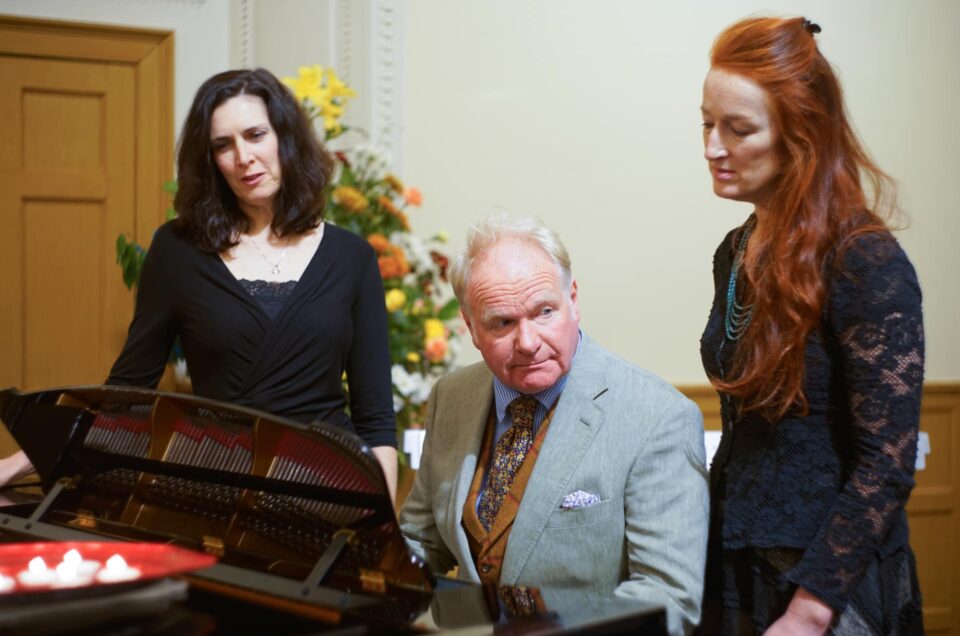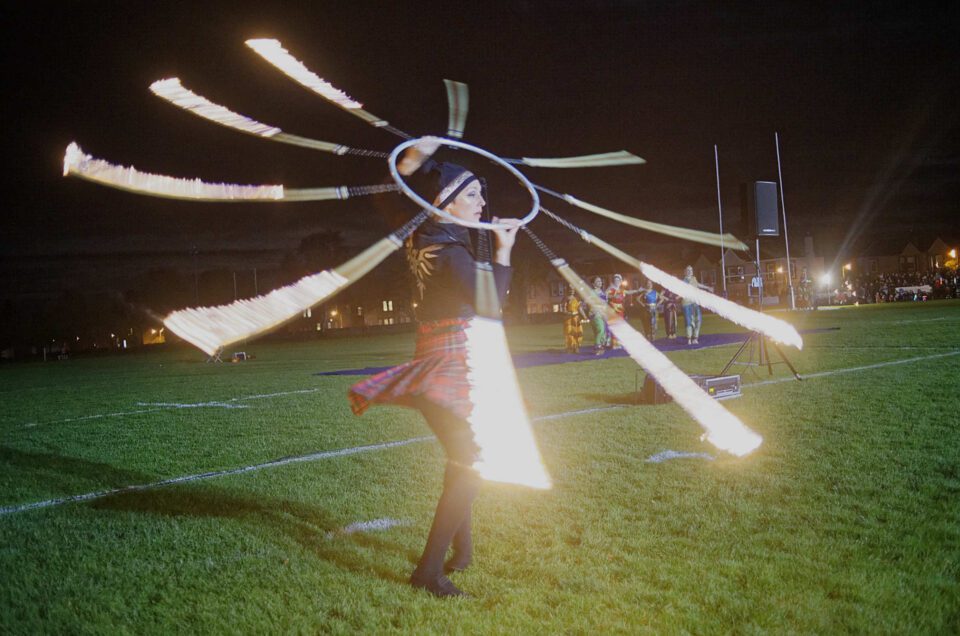For about as long as I can remember, there has been the phrase: The lenses are more important than the body. Although I believe this continues to be true – I also believe that the dynamics between the lens and camera have changed due to the growth of digital photography.
From an analogue point-of-view, the variety of films available from a variety of manufacturers gave the photographer a certain flexibility, as the film could be exchanged according to preference. However, with the sensor and associated electronics in digital cameras being built-in, it is not so easy to change. The result, at least in my opinion, is that the gap between lenses and body has narrowed.
Even so, I recall some advice I’d received some years ago: Don’t buy the gear first thinking that the images will follow. First think of the images you’d like to capture and back from there. My new(ish) A7rii has certain advantages over the DSLR’s and Medium Format film cameras I had been using, such as its size and weight. Asides from being easier to carry, it offers the ability to capture images with a greater degree of discretion.
Interested in pursuing documentary photography, I took the view that having a bulky DSLR and lens combination can seem intimidating to those not accustomed to having their photograph taken. Mirrorless cameras also seemed to offer greater flexibility to those wishing to use legacy lenses, something which got me excited. After all, there are some fantastic lenses available – old and new.
The lenses I currently use are a Pentax SMC 35mm f2.8, although I also have a Vivitar 17mm f3.5 and a Helios 58mm f2. All manual focus – all work well with the A7rii, and the focus peaking is certainly beneficial; but I have recently been considering some alternatives.
Some of you may have come across the phrase Gear Acquisition Syndrome (GAS); something I am at risk of suffering from. With such a wide variety of lenses available, it can seem a little daunting to choose.
As with anything, there can be about as many opinions as there are people to ask. For many, lenses are an investment and you should “get the best you can afford” (whatever “the best” is), others seem to imply that cost is irrelevant (easily said when you’re talking about someone else’s money), whilst others praise the virtues of legacy lenses.
Searching the internet for advice has its benefits – and if you find that a new lens and/or camera has consistent good reviews, then great. If you are able to couple this with actual use, then that is better.
For me, I recall the advice I previously eluded too about considering the images you’d like to capture and back from there…





